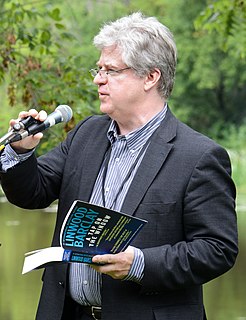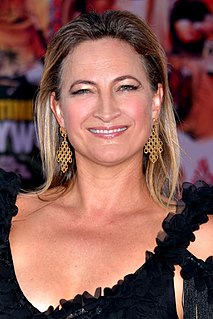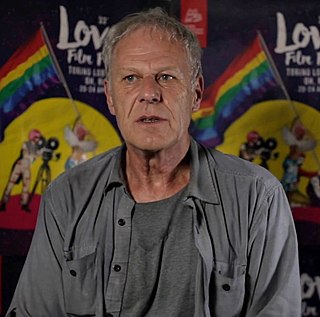A Quote by Candace Bushnell
Related Quotes
I mean, being a stuntwoman never occurred to me until I gave up gymnastics and started doing martial arts and met people that were stunt people. I was like, 'What? Wait. You get to fight and flip and get paid?' I was like, 'Mum, dad, check this out - I could do this stuff and get paid instead of having you guys pay for me to do it.'
Now you mustn't think that I don't have any ideas for novels in my head. I've got ideas for ten novels in my head. But with every idea I have, I already foresee the wrong novels I would write, because I also have critical ideas in my head; I've got a full theory of the perfect novel, and that's what stumps me.
I've been thinking a lot about why it was so important to me to do The Idiot as a novel, and not a memoir. One reason is the great love of novels that I keep droning on about. I've always loved reading novels. I've wanted to write novels since I was little. I started my first novel when I was seven.I don't have the same connection to memoir or nonfiction or essays. Writing nonfiction makes me feel a little bit as if I'm producing a product I don't consume - it's a really alienating feeling.




































